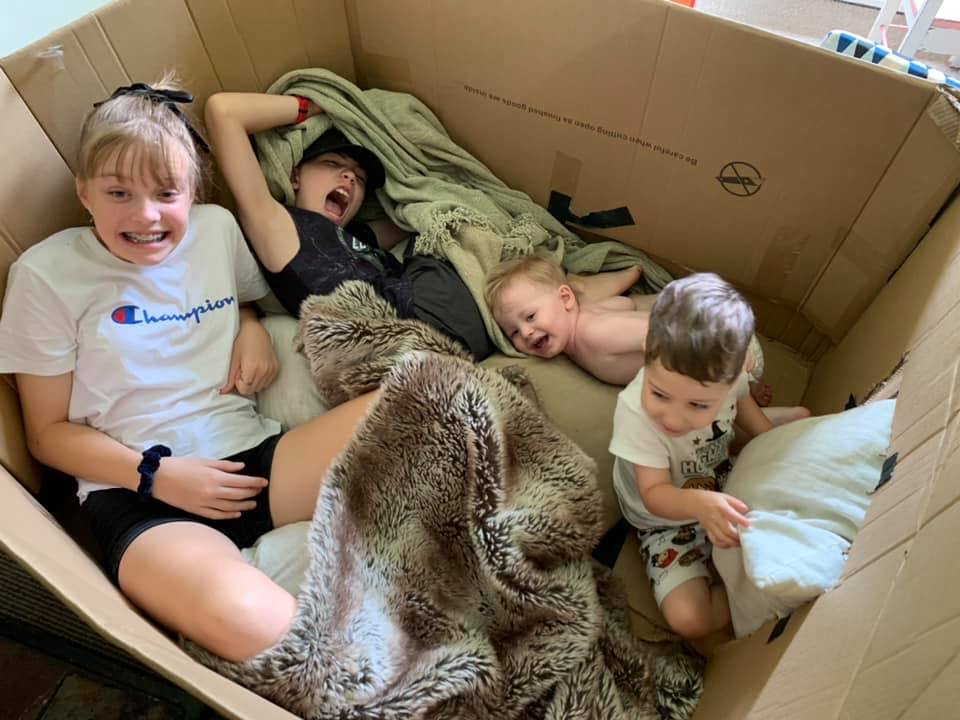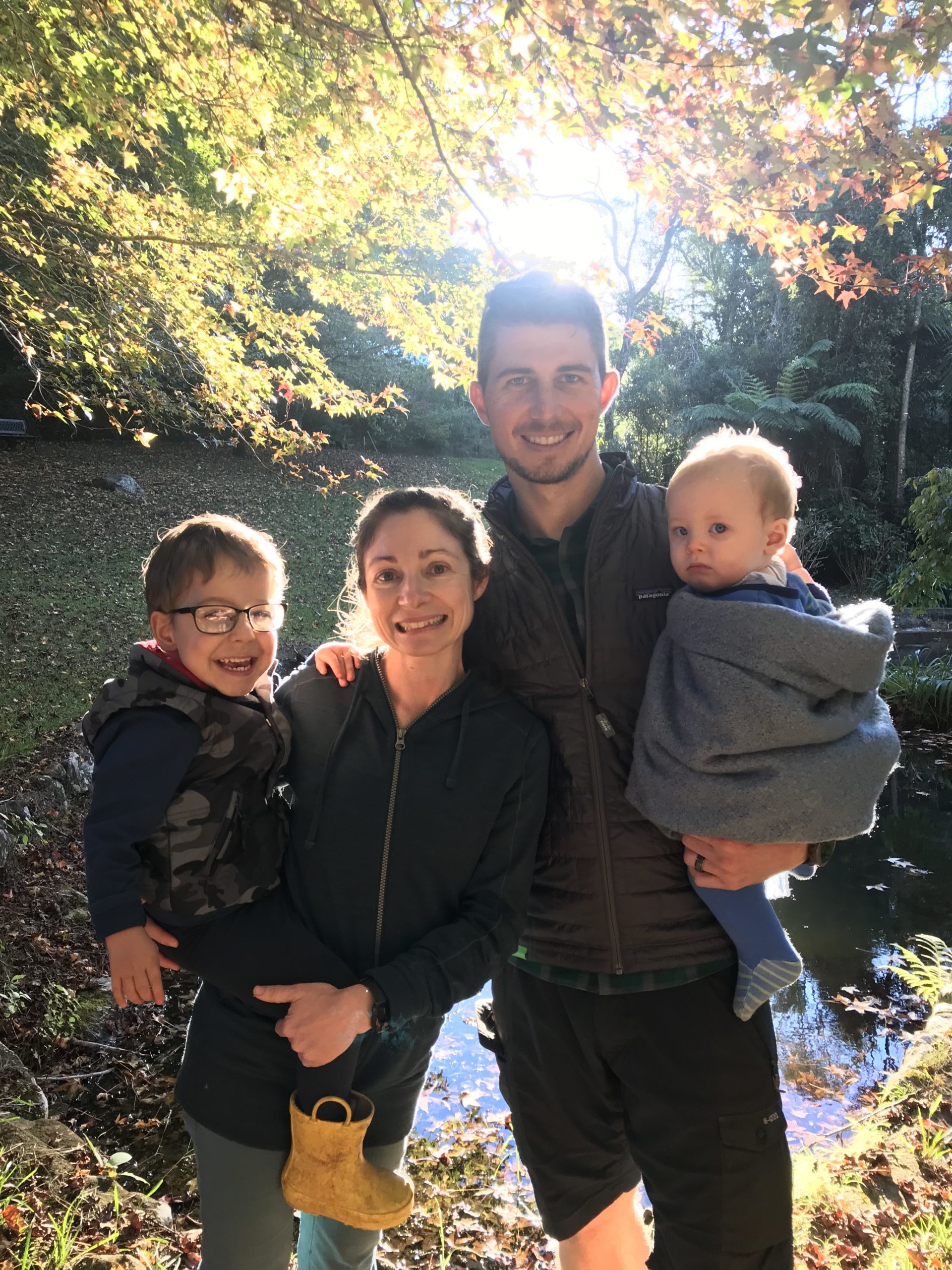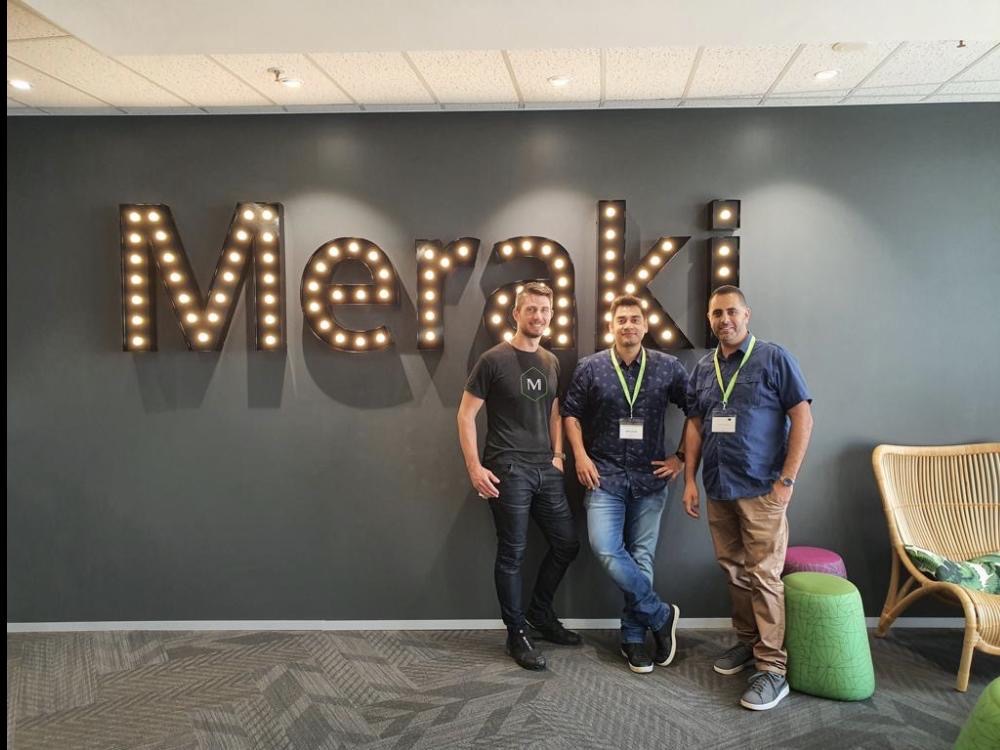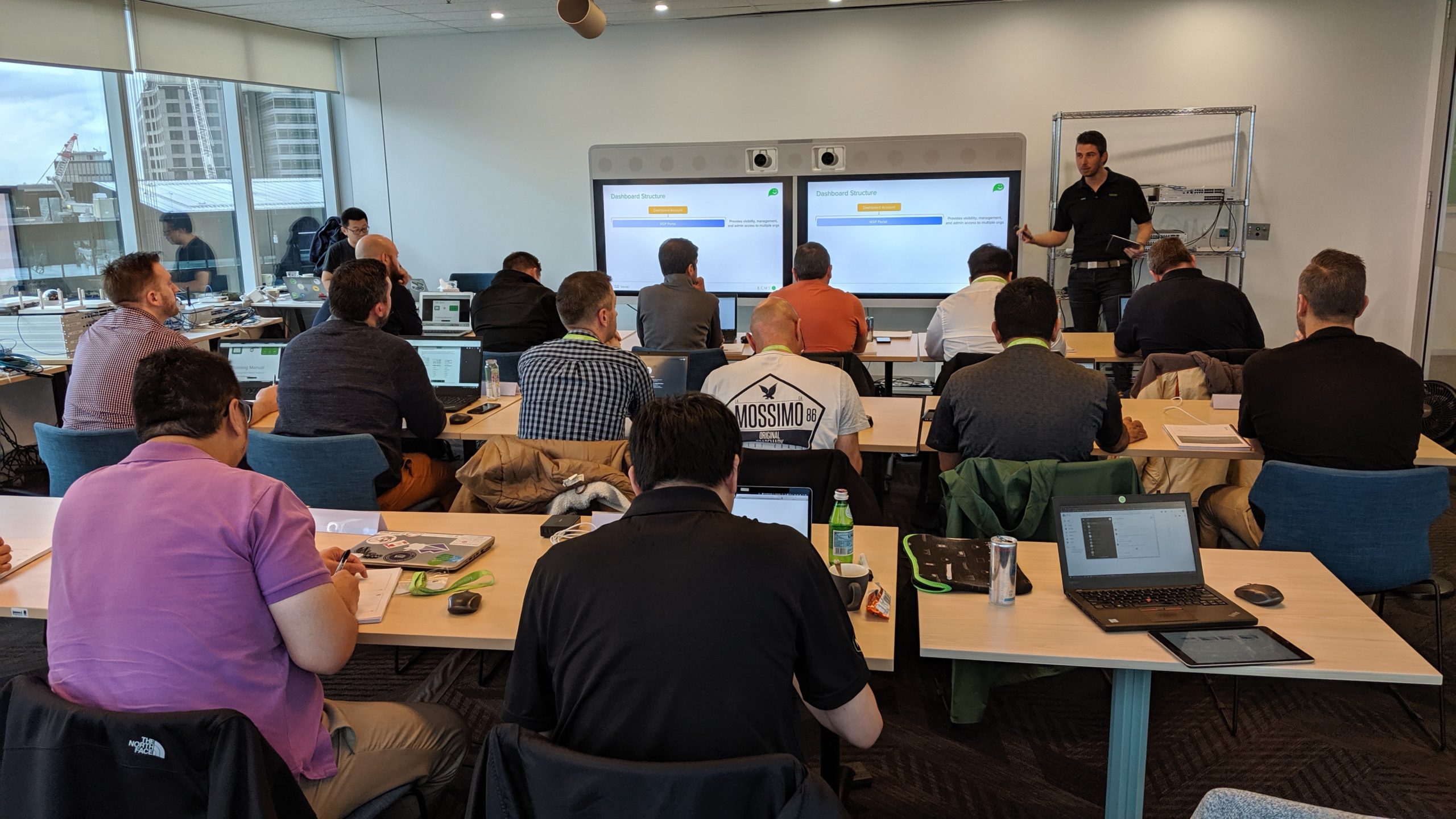April marked Autism Awareness Month, which works to increase greater understanding, acceptance and inclusion of people on the autism spectrum.
During the month, the Cisco Disability Awareness Network and Special Kids Group in Australia and New Zealand shared a questionnaire to help educate employees about Autism, which refers to a broad range of conditions characterised by challenges with social skills, repetitive behaviour and nonverbal communication. Early intervention, as well as behavioural, educational, family therapies may reduce symptoms and help development/learning.
Diversity and inclusion is really important at Cisco, and we chat to one of our team, Nathan, who offered to share his story with us. Nathan Gregory is a Technical Solutions Manager at Cisco Meraki based in Brisbane, within the training and evangelism department responsible for both partner and customer enablement through training programs and certifications.
By Nathan Gregory.
Optimising workflow to support the needs of my neurological differences
I’m on the autism spectrum, and was diagnosed as an adult. Since I was a teen, I had suspected that I was on the spectrum, but only sought diagnosis and treatment when my ADHD started to impact on my work.
You could say our household is optimised for functioning, as I am married to a psychologist who specialises in ASD and ADHD. I have four kids, three on the spectrum, and a young son with a complicated medical condition. I started at Cisco as a Technical Evangelist. It’s a trainer role, and not something you would typically think would suit a person on the spectrum, but it allowed me to use my strengths, especially my technical skills, whilst keeping my human interactions predictable and well defined.
The other aspect that was helpful to me, was that within that role I was a remote worker, which involved a significant amount of travel. This meant I could moderate the amount time I would spend with people, cognisant of what I needed to do to deliver effectively, and allowing me to withdraw to recharge when I needed to. The role enabled me to define structures and optimise my workflow to support the needs of my neurological differences.
Cisco’s flexibility around working arrangements, and my area of work in particular helped to support me as a person on the spectrum, and find ways that work to my strengths and bring my best without fitting a traditional mould.
Working from home, at this time 
My family has been working from home for around two months now as we had to withdraw all kids from school due to COVID-19 and my son’s medical condition. It has been busier than usual! Morning routines are different now, but structure and visibility are key to keeping sane. We use a large whiteboard in the living room with each family member’s schedule for the day. This lets the kids know exactly what they should be up to, and know when parents are in Webex meetings, so not to disturb. It also works for “hand over” of parental duties when my wife and I may not see each other between meetings for multiple hours. We can see at a glance who’s been fed, who needs medication, which child has completed their work, and when they have a video call with their teacher. A flexible workplace, in combination with good structures keeps our household going.
The ability to stretch and adapt my workday has meant that I can continue to deliver my projects, my wife can still operate her business remotely, we can be involved in our kids’ education, and actually spend more time together as a family.
Understanding neurodiversity – Autism as a superpower
Understanding neurodiversity is important. There’s a lot of talk about diversity and inclusion in the workplace, though some aspects are more recognisable than others. Neurodiversity may be less visible and sometimes less understood. There are certain common traits of ASD and ADHD that people may recognise, but other traits may be assumed to be just “poor performance”, or the individual choosing to be inflexible.
It’s important to understand that these are not just chosen behaviours, but the challenges this person struggles with every day. As a spectrum, autism traits can present in varying severities from mild to extreme. People may be familiar with autism at the more extreme end of the spectrum, but less so with high functioning ASD. High functioning individuals may hold down jobs and relationships and seem to be “neurotypical”. However, they are likely using twice as much effort to produce the appearance of normal in a meeting or social interaction or to deliver the normal amount of work. For me, structure and predictability is really important, and as much as I enjoy some social interaction, I’m utterly exhausted afterwards and need to set aside some quiet alone time to recharge.
My wife’s clinic, and a growing number of psychologists choose to consider ASD through a strengths-based approach, seeing the “D” in ASD as a “Difference” rather than a “Disorder”. ASD can be a superpower and a strength, and because of this neurological diversity, we can do amazing things.
Yes, there are challenges that come along with it that make interactions and daily life more difficult, but my autism is what as a child gave me the curiosity to pull apart machines (and put them back together) and led me to study IT. Ultimately, autism has optimised me for a career in technology, and is key in what makes me an asset in Cisco.
I’m incredibly grateful that I live in an age in which a career exists that suits my neurological difference. As a person on the autism spectrum, Cisco is a great place to work, because my differences create value for the company and for our customers.



Thank you for sharing your story, Nathan! It’s so important for us to talk about the many ways that our employee community is diverse. I have a son on the spectrum and so much of what you shared resonated with me. Love the whiteboard idea too, I’ll have to try that one for my house!
Great article thank you! As a father of an a 22 years son on the spectrum I can relate!
It is good to see our company support special needs children and those on the Autism Spectrum. I have a son who is Autistic, non-verbal with Aprxia. These kids and now adults are going in number and will need our help over the long term.
I would be interested in knowing what alternatives Cisco offers people who have deslexia. I have talked with Cisco Meraki recruiters on LinkedIn and their first response is that they want a resume. If I send a video resume is that something that would be received and actually looked at by Cisco?